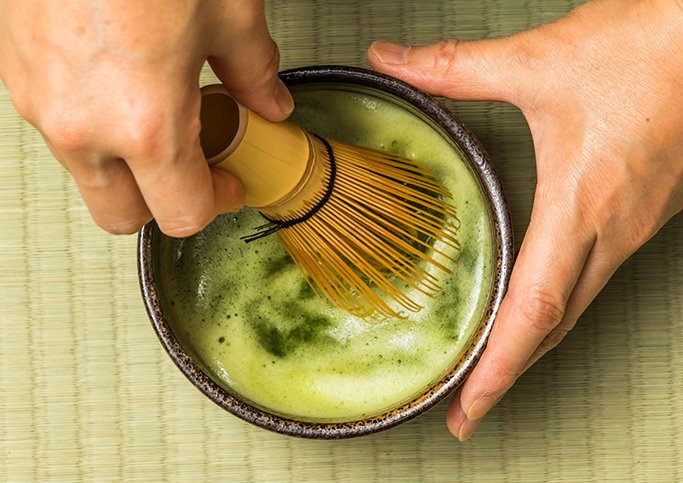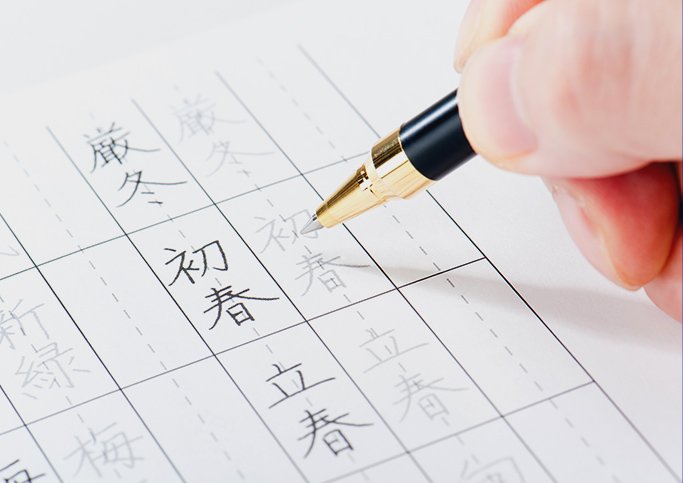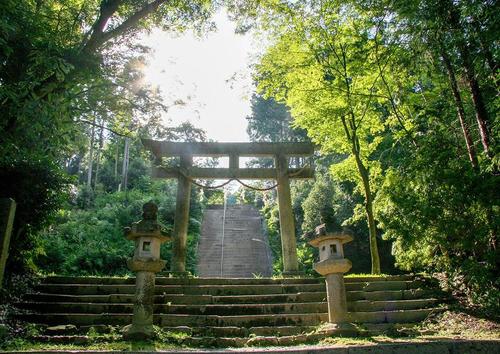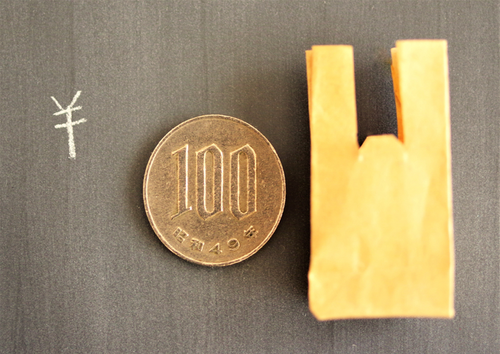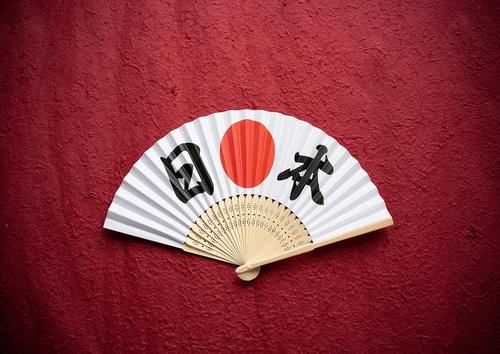
surprised
What is the unusual Japanese culture that surprises you overseas? Introducing differences from other countries and reactions of foreigners
12/ 4/2020
Some of the Japanese culture that we have come into contact with for granted is something that is surprising overseas.
Knowing the differences from other countries and the reaction when foreigners witness Japanese culture is an indispensable culture for cross-cultural exchange, and it is also useful knowledge when traveling abroad.
Therefore, in this article, I will introduce in detail Japanese culture that surprises overseas, comparing it with other countries.
What is a slightly unusual Japanese culture that surprises you overseas?

This time, we have carefully selected eight slightly unusual Japanese cultures that will surprise you overseas, including the classic events of the four seasons.
As with any case, the point is "what about other countries?"Even if it is natural in Japan, there are surprisingly many things that cannot be considered overseas.
Coming-of-age ceremony is held all over the country
Speaking of "coming-of-age ceremony" in Japan, it is a big event of life recognized as a social adult. Many new adults choose suits for their outfits, but it may be obvious that this is an event unique to Japan, as the image of furisode and hakama precedes both domestically and internationally.
However, similar cultures exist overseas. For example, in the US "Sweet sixteen", the 16-year-old who can get a driver's license is regarded as an adult, and it is said that the birthday of that year will be celebrated grandly.
Of course, birthdays are different for each person, so the timing is different from Japan, where adults are celebrated all over the country.
Decorate expensive dolls for the Doll's Festival
The Hinamatsuri, which is held on March 3rd every year as a day to celebrate the growth of girls, is one of the Japanese cultures that surprises overseas.
Originally, there are few celebrations only for girls overseas, but there are reasons to be even more surprised. Its true identity is a "Hina doll" that parents wish for their daughter's health and growth.
This is due to the high price of Hina dolls. There is a culture of decorating children with their families overseas, such as Christmas, but it seems that they do not spend as much money as the Hinamatsuri.
In the first place, you may be wondering why it is a doll.
[If you read the article, may you know the meaning of this KARUTA? ]
Valentine's Day gives men chocolate
"Valentine's Day", which is visited on February 14th every year, is derived from the Christian priests of the Roman Empire, and is commonly recognized worldwide as "the day when lovers pledge their love."
In Japan, it is common to recognize that women give chocolates to men. In fact, it is rare in the world that the giver and the gift are decided, and it is a custom unique to Japan.
In particular, Japan is the only country in the world that gives chocolate as a gift. When you hear the word chocolate, you tend to think of Europe and the United States, but it is said that it originated from the custom that was promoted and spread by employees of confectionery companies after the war.
Make a crane an auspicious bird
"Crane" in Japan has long been regarded as an auspicious bird as a symbol of longevity, prosperity, and auspiciousness. Proverbs, folk tales, works of art, customs, etc. are often given preferential treatment as evidence.
However, animals that are easily the object of worship often have the opposite image depending on the cultural area.
Cranes are also the same, and in the Nordic countries familiar with Celtic mythology, they are awe-inspiring as "death-carrying birds."Also, in Voodoo, which is worshiped in Haiti, it is the role of "devil's messenger."
In such a cultural area, besides having a thousand paper cranes. It's very rude, so keep it in the corner of your head.
The entrance ceremony will be held in April
Speaking of the "entrance ceremony" in Japan, it is one of the events that will be held in April when the cherry blossoms bloom and will announce the beginning of a new life. It may not seem strange in Japan, but in fact, few countries hold entrance ceremonies in April.
Globally, it seems that September enrollment, which is adopted by Western countries (US, France, UK), China, Mongolia, etc., is common.
Make a noise and eat
Food culture that varies greatly depending on the cultural area. One of Japan's unique food cultures that is not well accepted overseas is to "eat with noise."
In Japan, when eating noodles such as soba, udon, and ramen, it is common to make a slurping noise. However, it does not give a very good impression overseas, where quiet and slow meals are often regarded as a virtue.
Even in overseas Japanese restaurants, there are few people who give priority to Japanese dietary practices. You may want to be careful when traveling abroad so as not to make people around you feel uncomfortable.
[Do you care about Japan? Would you like to learn Japanese together? ]
Eating and drinking establishments provide free water and hand towels
In the food service industry, the service of "restaurants offering free water and hand towels" has become a common culture for Japanese people.
You may get it for free with a drink such as wine, but it is a global standard to order water for a fee. Regarding hand towels, this service is rarely found outside of Japan.
These services may be the best part of Japan's "hospitality" culture.
People of the same ethnic group speak the same language
You may not be aware of it, but a country like Japan where "people of the same ethnic group speak the same language" is unusual in the world.
Historical factors such as immigration are closely related to this, but multi-ethnic nations dominate Asia, Europe, and any country in the world.
Summary
I think that Japanese culture, which I have casually touched on, can be felt more precious by comparing the differences with those overseas.
Also, understanding the cultures of other countries and respecting each other will help prevent unnecessary troubles. We hope that the knowledge in this article will help you in cross-cultural exchange, not only when you visit overseas, but also in Japan.
This article is a partial re-edit of the article published in Nihongo Biyori by KARUTA.
Unauthorized reproduction or use of the contents, text, images, illustrations, etc. of this site is strictly prohibited.
CATEGORIES
FEATURED TAGS
RECOMMENDATION
-
 報BUSINESS TERMS
報BUSINESS TERMSWhat is ”Ho-Ren-So”, one of the basic manners when working in Japan?
10/30/2020
-
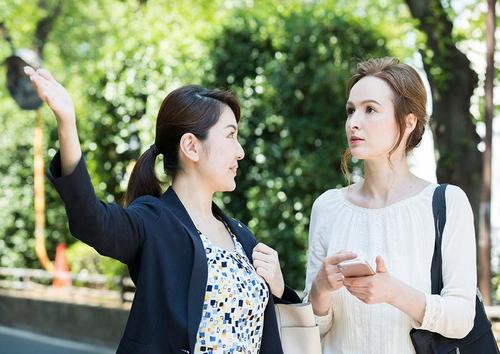 伝WORDS & GRAMMAR
伝WORDS & GRAMMARWhat is easy Japanese?
10/30/2020
-
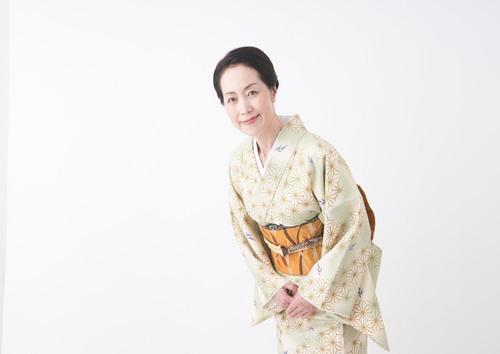 礼MANNERS
礼MANNERSJapanese greeting customs and origins. What are the greetings from other countries?
10/30/2020
-
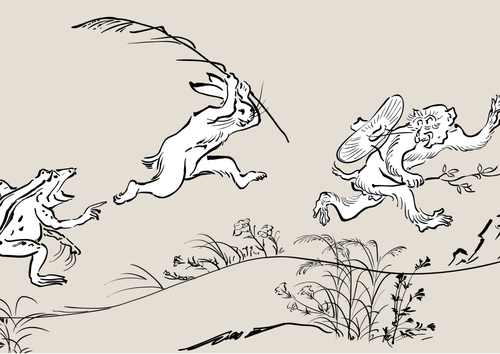 戯COMIC & GAME
戯COMIC & GAMEThe roots of animation and manga? Introducing bird and beast caricatures
10/30/2020
-
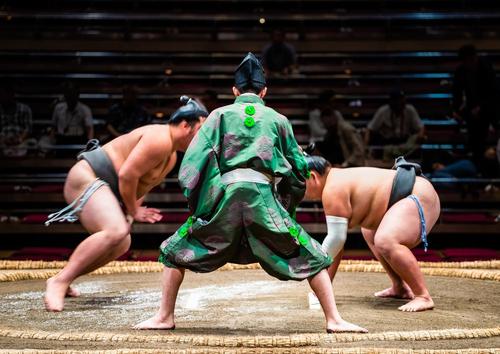 戦SPORTS
戦SPORTSThe history of sumo goes back to the mythical world! ?? Transition from myth to modern times
10/30/2020
LET’S PLAY
KARUTA!
Do you know the meaning of this...
NEXT...
FURTHER EXPLORATION
INTERESTED
IN JAPAN?
WHY DON’T YOU
LEARN JAPANESE WITH US?
START LEARNING
JAPANESE
WITH HUMAN ACADEMY!
ONE OF
THE MOST POPULAR
JAPANESE
LANGUAGE SCHOOLS
JAPANESE
LANGUAGE SCHOOL
OFFERING EXCELLENT
DETAILED LESSONS

ONLINE SCHOOL
- Learn with your classmates from all over the world
- Variety of Courses for All Needs
- FREE Trial Lesson available

TOKYO, OSAKA
- Offer the Best Curriculum for You
- Make New Japanese Learning Friends
- Many Opportunities to Practice Japanese
MAKE FURTHER
STEPS
WITH HUMAN ACADEMY!
ONE OF
THE MOST POPULAR
JAPANESE
LANGUAGE SCHOOLS
JAPANESE
LANGUAGE SCHOOL
PRODUCING MANY
JLPT N1 CERTIFIED
STUDENTS!

ONLINE SCHOOL
- Learn with your classmates from all over the world
- Variety of Courses for All Needs
- FREE Trial Lesson available

TOKYO, OSAKA
- Support Your Higher Goal of Japanese Learning
- Perfect Environment for Japanese Learners
- Learn with Your New Japanese Study Mates










